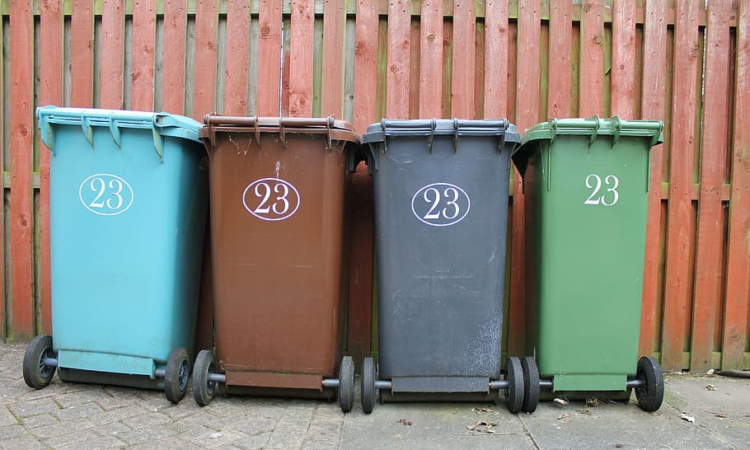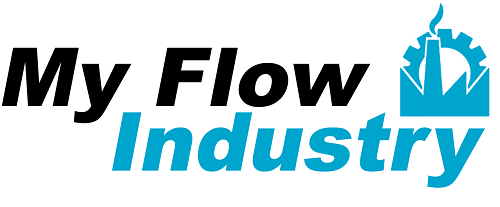
The rollout of the Covid 19 vaccine has left waste workers and environmental protectors a bit worried. The program is generating a lot of both infectious and non-infectious waste daily. Some of the waste generated include used syringes, needles, empty vials, cotton swabs, syringe seals, and many others.
Medical Waste Segregation Containers and Colour Codes
All needles and other sharps should be disposed of in a sharps container. Highly Infectious wastes such as blood-stained bandages, blood-stained swabs should be disposed of in red bins. Infectious should be held in yellow bags. Infectious waste includes PPE, incontinence waste, IV lines, and anything used to handle an infected patient.
Personal protective equipment like used grooves and facemasks can harbor infectious agents thus should be disposed of and handled well to break the chain of infection. Any PPE used to handle a covid 19 patient is infectious; therefore, will need careful handling and disposal.
On the other hand, the general waste, similar to home waste, should be disposed of in black wheelie bins. This waste should be infectious and includes sweet wrappers, food wastes, and flowers.
Can You Recycle Medical Wastes?
In general, the majority of medical waste cannot be recycled. Many hospitals believe it could cost more resources, consume more time, and in the end, they could not be worth the efforts. However, some of the medical waste can be disinfected, and then, depending on local legislation, it can be converted into shreddable waste or reusable medical equipment.
Safe Hospital Waste Disposal
Waste should be segregated and put into appropriately numbered bins for safe transportation. Initially, hospitals in the UK used to destroy their waste using incinerators. However, these machines were small to handle the large quantity of waste from hospitals. In addition, their burning contributed to pollution, which led to a change of disposal strategy.
Since early 1990, the collection of medical waste has been the duty of private contractors. These firms transport clinical wastes to facilities that will render the waste safe. However, these companies work under strict guidelines from environmental agencies, UK and EU.
Anyone handling clinical waste should wear PPE since some of the waste may be lethal. It is acceptable to disinfect some of the waste during cleaning to reduce the microbial load in other countries. The use of disinfectants does this.
Why is Safe Waste Disposal Important?
- To keep the environment clean
- To prevent infection by reducing contact with the infectious healthcare waste
- Prevent injuries from sharps
